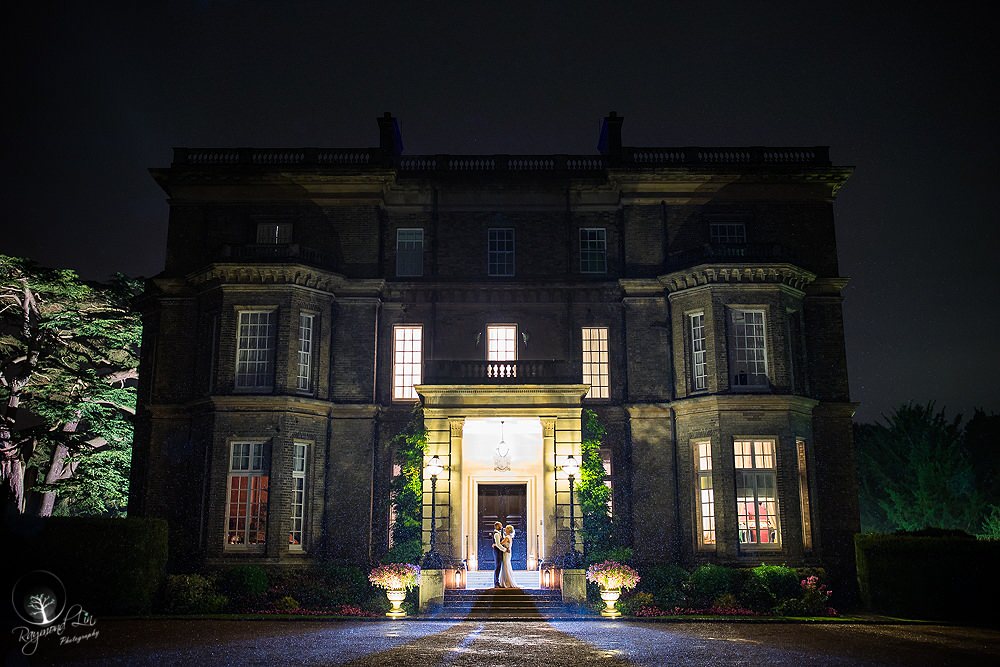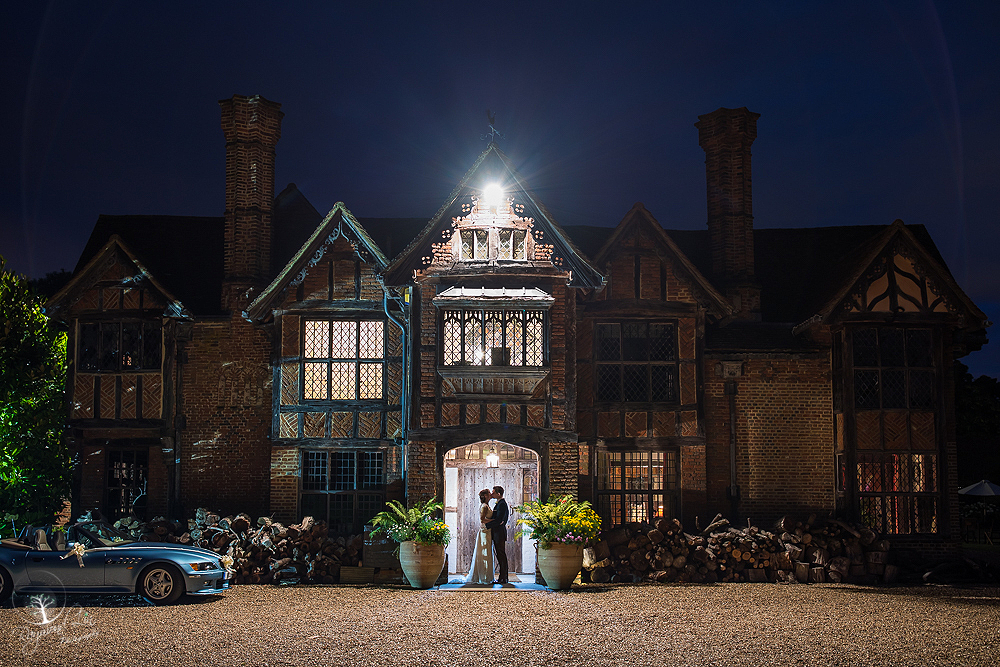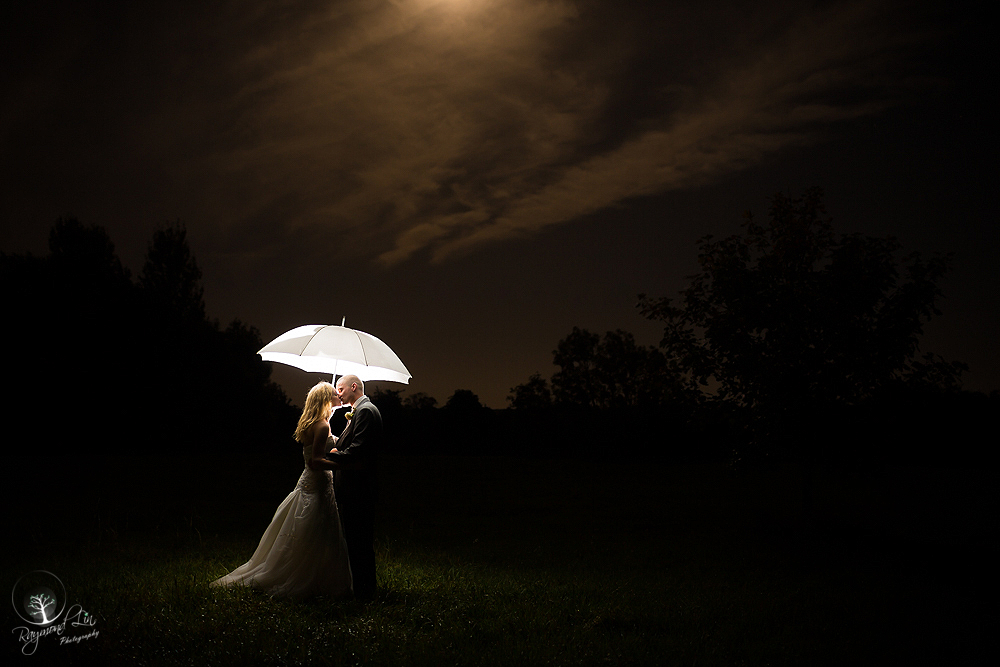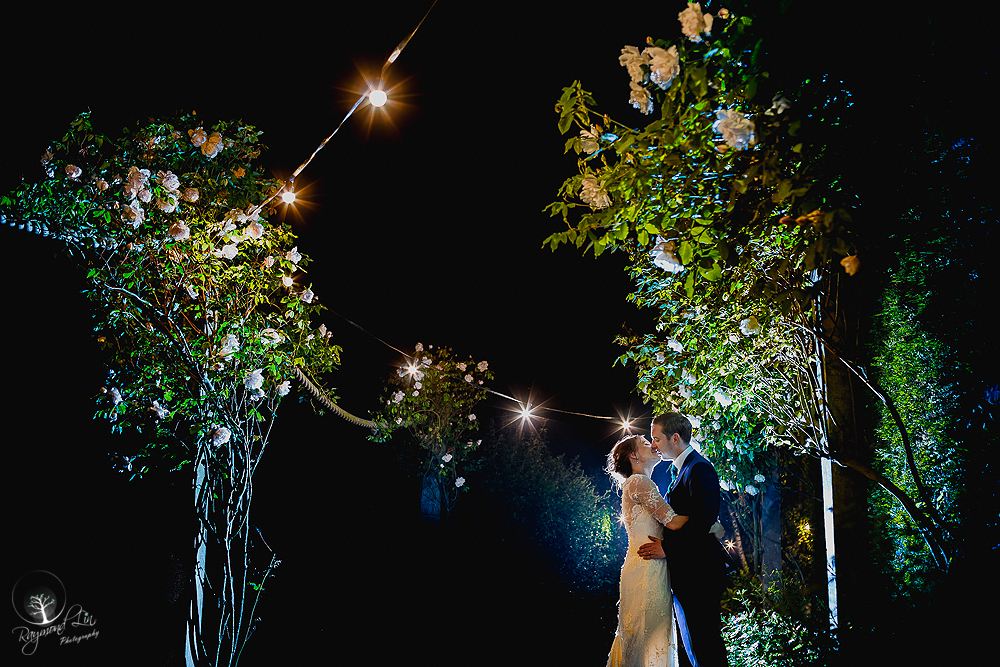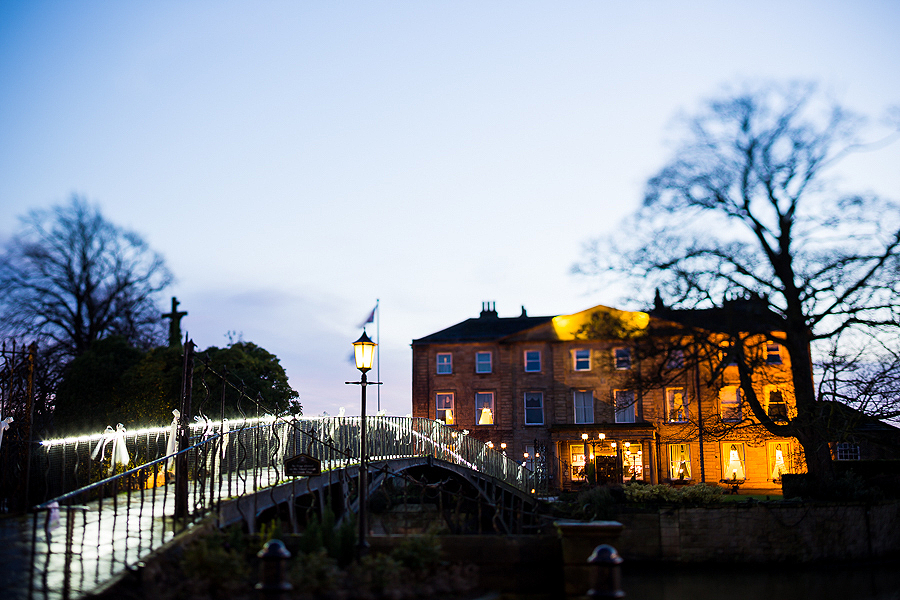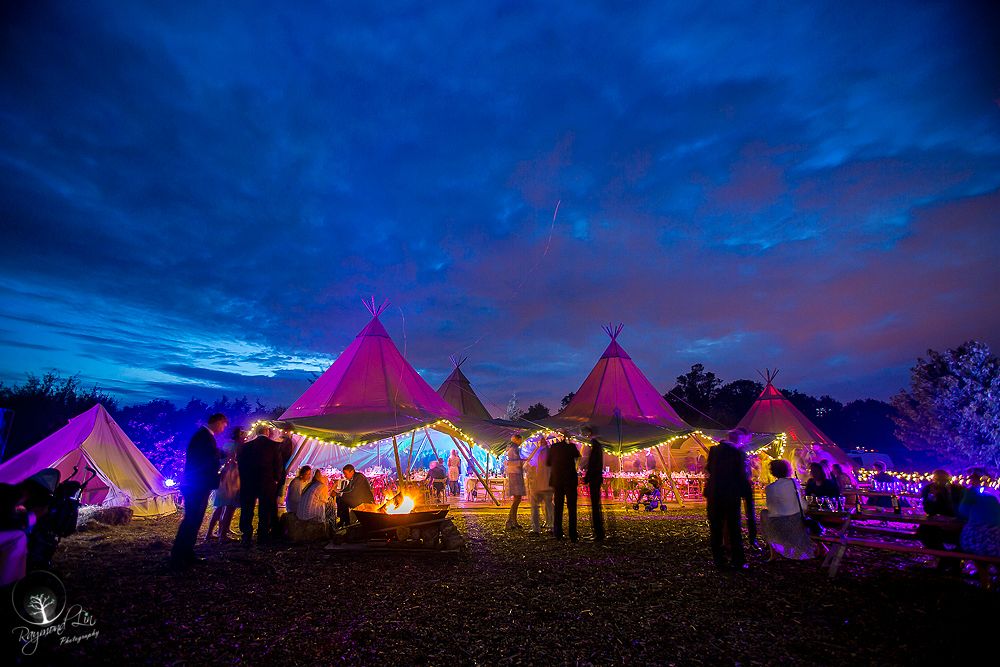
so many people willing to offer advice on setting up a wedding photography business when all he asked was if his equipment was suitable.
The answer to the actual question is that yes it is suitable although maybe not ideal.
Having 2 camera bodies the same can make it easier to get the files all looking the same and can make it easier to switch between bodies. Lens choice is a matter of your own personal style and how you like to shoot.
2 x 64gb cards isn't enough. You will need 2 sets of cards for each camera one for the photos and one to back up as you are working. Additional cards are pretty much a must, what happens if you suffer card failure during the wedding for example?
As another example of why more cards will probably be needed, we have a wedding on Monday next week and another on Tuesday. We also have other work on Wednesday and Friday and then another wedding on Saturday. The wedding on Monday is going to mean a fair bit of travelling and we won't be back until late. It is unlikely that we will have the time to back everything up multiple times and clean the cards down ready for the next day so we need a fresh set of cards for the next wedding. A while back we bought a shed load of cards as for weddings we now like to keep the cards until the photos have been edited before wiping them as a last ditch back up. It is definitely over kill but cards are cheap and that's how we prefer to do it.
In terms of tripods, I have never used one at a wedding, but if you are the type of photographer that likes to do a lot of very staged, posed photographs you may need one.
Spare batteries are also a good idea for the same reasons as having multiple cards. You won't always have the time to get everything charged again for the next wedding, so it saves all the messing about.
Additional lighting is an absolute must, what are you going to do when it rains all day and you only have the option of shooting the portraits inside a dimly lit venue?
Asking about equipment for wedding photography is like asking how long is a bit of string everyone will have their own opinion based on what works best for them.
This is the kit we take to a wedding but worth bearing in mind that there is two of us. We have other kit as well so this list isn't exhaustive it is just what we take to most weddings.
Camera Bodies
Nikon D750 X 4
Nikon D850 X1 (This is our spare on the wedding day and lives in the car just in case we suffer a camera failure, we both always need 2 camera bodies.)
Main Lenses
Sigma Art 20mm f/1.4
Sigma Art 35mm f/1.4
Sigma Art 50mm f/1.4
Nikon 85mm f/1.4
Back up Lens
Nikon 24-70 f/2.8
Speciality lens (these live in a bag in the car and are only taken out when we need them which is rare)
Nikon 16-35mm f/4
Tamron 70-200 f/2.8
Nikon 105mm f/2.8 Macro
Lighting
2 x Nikon SB-700
2 x Godox v860ii
3 x Godox AD200 along with some lighting stands and modifiers (these mostly live in the car and are only pulled out when needed.
Accessories
Bags
Battery Grips
Spare Batteries
Multiple spare cards
Reflector (we use this a lot after the ceremony for the bride & groom portraits)
Lens pen and lens cloth
Prism
Think that is pretty much everything we use to photograph a wedding, the odd time we will also take a Nikon 45mm tilt shift but not so much these days.
At the other end is also the equipment and software we use for editing and storage but the o.p never asked about that.



